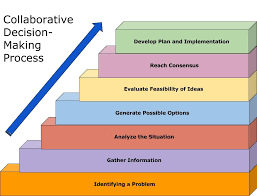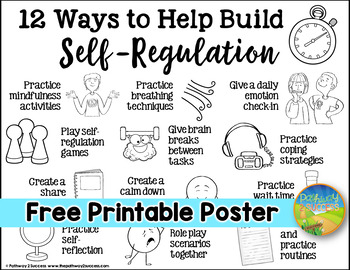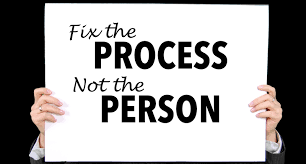7 Tips To Resolve Conflict Effectively And Peacefully
Conflict is an inevitable part of human interaction. Whether it arises in personal relationships, workplaces, or communities, conflicts can disrupt harmony and hinder progress. However, conflicts can also present an opportunity for growth, understanding, and stronger relationships. By adopting effective and peaceful conflict resolution strategies, we can navigate conflicts with empathy, respect, and open-mindedness. Here are seven valuable tips to help you resolve conflicts in a positive and constructive manner.
Communicate openly and actively:
Open and honest communication is the cornerstone of conflict resolution. Express your thoughts and feelings clearly and respectfully, while also listening attentively to the other person’s perspective. Practice active listening by paraphrasing and asking clarifying questions to ensure mutual understanding. Avoid interrupting or jumping to conclusions, as this can escalate tensions and hinder the resolution process.

- Seek common ground:
Look for shared interests or goals that can serve as a basis for finding common ground. Instead of focusing solely on differences, explore areas of agreement and build upon them. Identifying common objectives helps create a sense of unity and collaboration, enabling both parties to work towards a mutually beneficial solution.

- Maintain empathy and respect:
Empathy and respect are crucial when resolving conflicts. Try to understand the other person’s point of view and the underlying emotions that drive their perspective. Show respect by treating them with courtesy, even if you disagree with their opinions. By demonstrating empathy and respect, you create an environment that encourages open dialogue and cooperation.

- Collaborate and problem-solve:
Approach conflict as an opportunity for collaboration rather than competition. Instead of focusing on “winning” or “losing,” shift your mindset towards finding a solution that satisfies the needs and concerns of both parties. Engage in brainstorming and problem-solving activities to generate creative options that address everyone’s interests. Remember, a collaborative approach leads to win-win outcomes.

- Control emotions and practice self-regulation:
Conflicts can trigger strong emotions, making it challenging to remain calm and composed. It’s crucial to practice emotional self-regulation by taking a step back and managing your emotions effectively. Breathe deeply, count to ten, or take a short break if needed. By controlling your emotions, you can approach the conflict with a clear mind, making it easier to find constructive solutions.

- Focus on the issue, not the person:
When conflicts arise, it’s important to separate the problem from the individual. Avoid personal attacks or blame games, as they only intensify tensions. Instead, focus on the specific issue at hand and discuss it objectively. By keeping the conversation centered on the problem, you can maintain a respectful and constructive atmosphere, conducive to resolving the conflict.

- Consider mediation or a neutral third party:
In some cases, conflicts may reach an impasse despite sincere efforts to resolve them directly. In such situations, it can be beneficial to seek the assistance of a mediator or a neutral third party. Mediators are skilled professionals who can facilitate communication, encourage understanding, and guide both parties towards a mutually agreeable resolution. Their impartiality can help create a safe space for open dialogue and effective conflict resolution.

Conclusion
Conflict resolution is a skill that can be developed with practice and patience. By adopting these seven tips, you can navigate conflicts effectively and peacefully. Remember that conflicts are an opportunity for growth and strengthening relationships. By communicating openly, seeking common ground, showing empathy, and focusing on collaborative problem-solving, you can transform conflicts into opportunities for positive change and understanding.















